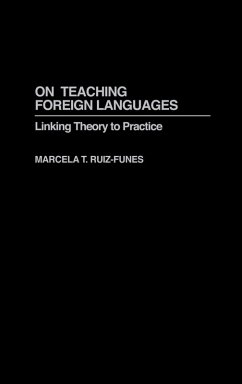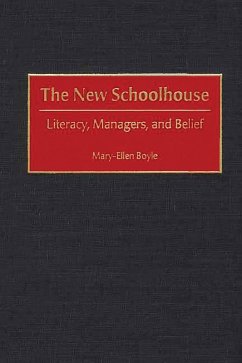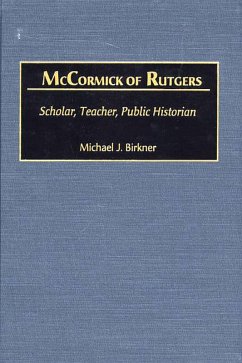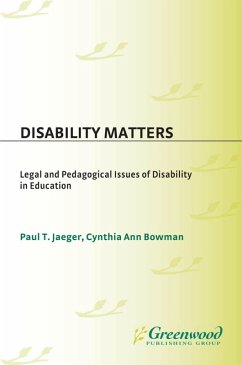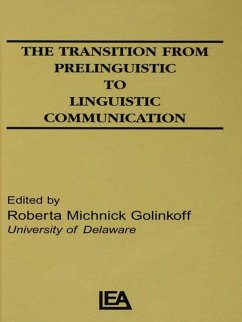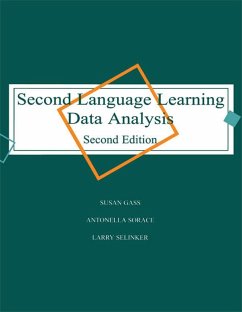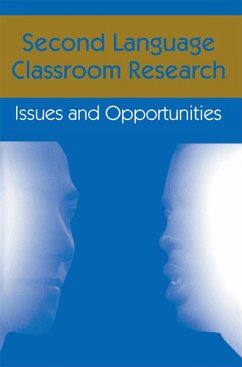
Linguistic Perspectives on Language and Education (eBook, PDF)
Versandkostenfrei!
Sofort per Download lieferbar
58,95 €
inkl. MwSt.
Weitere Ausgaben:

PAYBACK Punkte
29 °P sammeln!
Language issues are intrinsically part of every classroom setting. Therefore, there is a need to present the linguistic perspective to all teachers and teachers-in-training. This perspective assumes that a complex system is learned by children at an early age with little conscious instruction. It recognizes that languages change over time and that variation, based on region, ethnic identity, gender, social class, and social context, is inherent to language. Focusing more on the practical than the theoretical, Barry aims to engage teachers and education students in discussion of the relevance o...
Language issues are intrinsically part of every classroom setting. Therefore, there is a need to present the linguistic perspective to all teachers and teachers-in-training. This perspective assumes that a complex system is learned by children at an early age with little conscious instruction. It recognizes that languages change over time and that variation, based on region, ethnic identity, gender, social class, and social context, is inherent to language. Focusing more on the practical than the theoretical, Barry aims to engage teachers and education students in discussion of the relevance of linguistics to teaching and to encourage them to bring their own expertise to the discussion. Based on the research of scholars in linguistics and related disciplines, Barry's volume helps teachers synthesize some of the foundations of classic linguistic study with important, current findings. She starts by acquainting the reader with fundamentals of linguistics, then she moves on to discussions of teaching grammar and the history of English orthography. An entire chapter is devoted to the process of child language acquisition and another to the obstacles that some people face when attempting to learn a language. The work concludes with pieces on language policies and language literacy. Group exercises and suggested projects are included to facilitate the exchange between linguistics and education. The book is a must for those interested in the fundamental role of language in education.




